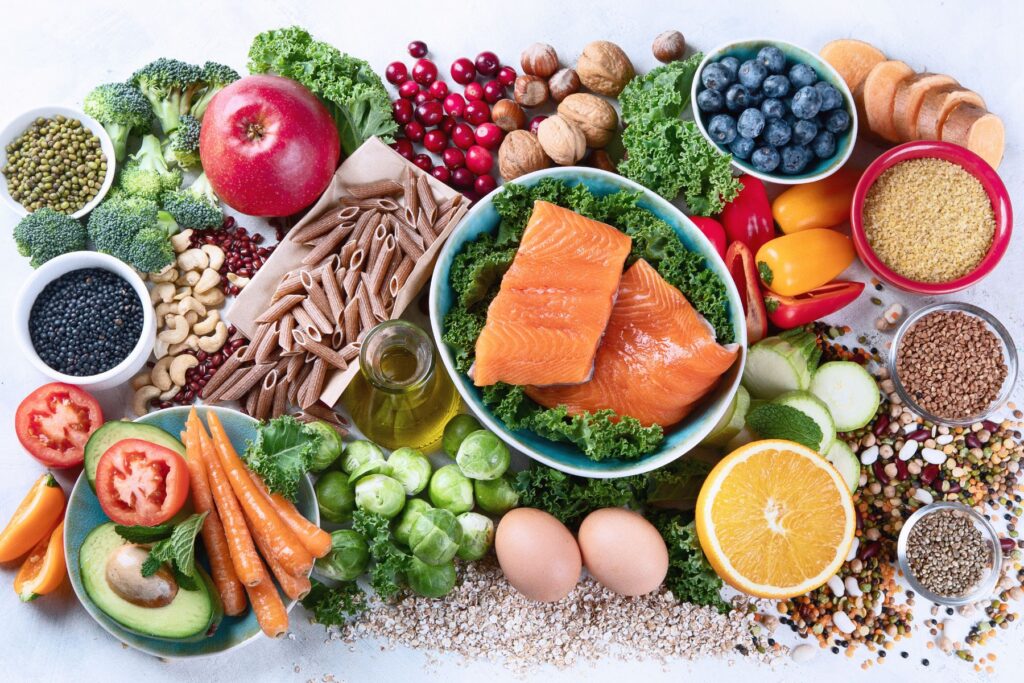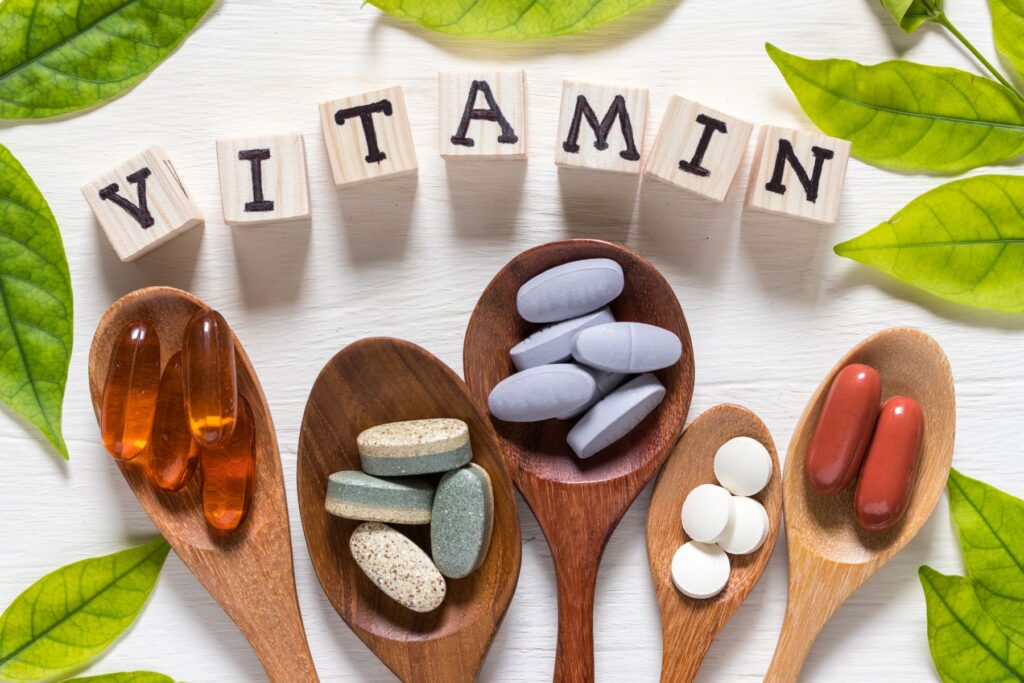Do Athletes Need More Micronutrients? Micronutrients for Athletes
July 10, 2023

What are micronutrients and why are they so important?
You likely have heard a lot about macronutrients (carbohydrates, protein, and fat) and the roles they play in exercise and performance. However, you may not have heard about micronutrients and the important role they play in health, exercise, and performance. Let’s get into it.
What are Micronutrients?

First, let’s start with a quick definition of micronutrients for those who are not familiar with what exactly they are…
The term micronutrients is an umbrella term for the two classes of nutrients that fall under it: vitamins and minerals.
Like the prefix of of the name suggests, one of the major ways micronutrients differ from macronutrients is that they are needed in smaller quantities by the body. To illustrate this difference I will give you an example. In order to meet the RDA ( Recommended Dietary Allowance) for protein for a 30 year old 65 kg female she would need to eat at least 52 grams of protein per day, for this same female in order to meet the RDA for micronutrient vitamin C, she would need to eat 0.065 grams per day of vitamin C.
Despite their small quantity, micronutrients are vitally important for many bodily functions like growth, energy metabolism, and tissue repair to name a few. Click HERE to learn more about micronutrient functions!
Do Athletes Need More Micronutrients?

Do athletes need more of certain micronutrients than their non-active counterparts? The answer is maybe and sometimes!
First and foremost, adequate calorie intake to meet energy needs while exercising is key to achieving adequate micronutrient intake.
Training in certain environmental conditions like hot, humid climates will increase sweating and sodium loss in sweat thus increasing an athlete’s sodium needs.
An athlete’s gender can play a role in their risk for certain micronutrient deficiencies as well. Female athletes are more at risk for iron, calcium, and vitamin D deficiencies than their male counterparts given their body’s different physiological processes like menstruation and also their greater likelihood of having an energy restricted diet (Click HERE and HERE to learn more about energy restriction).
Like everything in sports nutrition , micronutrients needs vary based on the individual. It is best to work with a sports dietitian to determine if you are meeting your needs!
All in All…
Micronutrients are essential for all people for overall health and vitality. For athletes, micronutrients can be just as important as macronutrients for supporting performance, energy, and recovery. As always, eating ENOUGH food and a variety of food can be the key to ensuring adequate intake of all important nutrients. However, we know that this is often easier said than done…
If you’re looking for a sports dietitian to help you optimize your performance and health through optimizing your fueling and hydration plan, we’re here to help. Check out our performance packages HERE.
References:
Karpinski, C., & Rosenbloom C. (2017). Sports nutrition: A handbook for professionals, sixth edition. Chicago: Academy of Nutrition and Dietetics.
[…] new research has shown there might be some correlation between vitamin D intake and […]
[…] someone who likes to stay active, you likely have a busier schedule and higher daily nutrition needs. Meal planning ahead of time and learning how to meal plan for a busy lifestyle can help you stay […]
[…] to have 3, well rounded meals each day with snacks in between if this works for you. For athletes and active individuals, your needs are likely greater than the average person. It can be a good idea to touch base with a dietitian for advice to help ensure you are meeting your […]